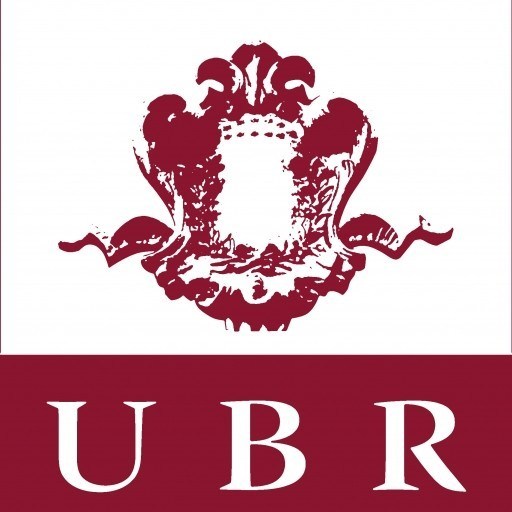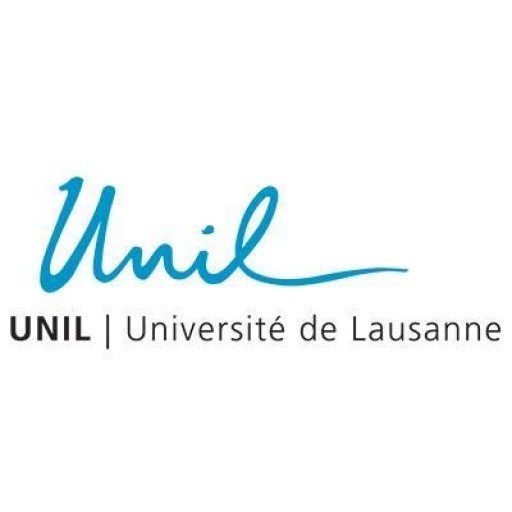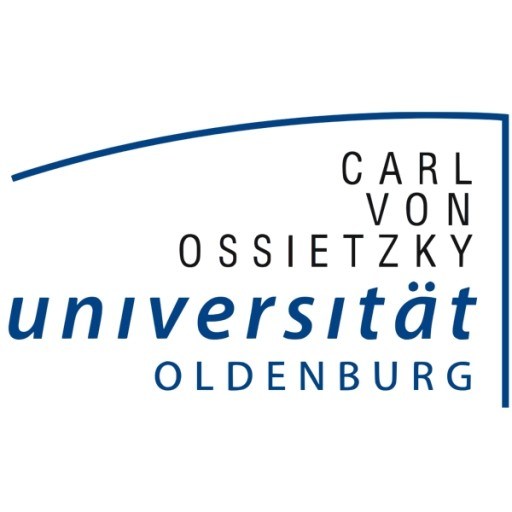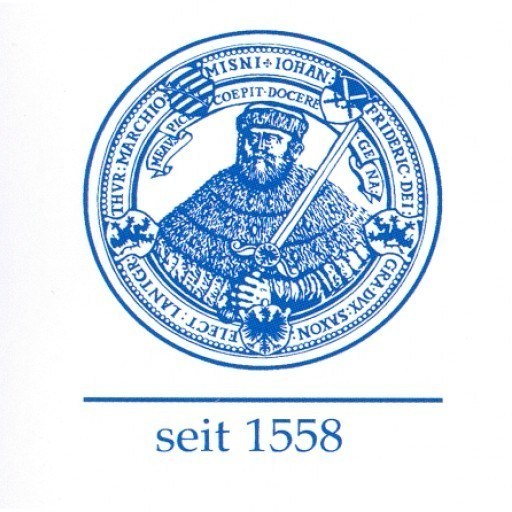Photos of university / #univmiami
The Master of Science in Cancer Biology at the University of Miami is a comprehensive graduate program designed to provide students with an in-depth understanding of the molecular and cellular mechanisms underlying cancer development, progression, and treatment. This interdisciplinary program combines coursework, laboratory research, and professional development opportunities to prepare students for careers in cancer research, clinical investigation, or further academic pursuits such as doctoral studies. Throughout the program, students will explore a wide range of topics including tumor biology, genetics, immunology, pharmacology, and bioinformatics, gaining both theoretical knowledge and practical skills essential for advancing cancer science. The curriculum emphasizes translational research, enabling students to connect laboratory findings to clinical applications that can improve patient outcomes. Students are encouraged to engage in research projects under the supervision of renowned faculty members who are actively engaged in cutting-edge cancer research. The program also offers opportunities for internships and collaborations with local research institutions and healthcare facilities, fostering real-world experience and professional networking. Graduates of the Cancer Biology program will be equipped to contribute meaningfully to the fight against cancer through research, clinical trials, or specialized healthcare roles. With a commitment to fostering innovation and scientific excellence, the University of Miami’s Cancer Biology graduate program aims to develop the next generation of scientists dedicated to understanding and eradicating cancer.
| Core Courses | ||
| CAB 701 | CAB Student Seminar | 4 |
| CAB 705 | Translational to Clinical Research | 3 |
| CAB 710 | Cancer Biochemistry & Molecular Biology | 3 |
| CAB 713 & CAB 714 are required course. CAB 712 & CAB 715 can be done as electives: | 4 | |
|
CAB 712 |
Special Topics in Cancer Research - Viral Oncology and Tumor Immunology Module | |
|
CAB 713 |
Special Topics in Cancer Research - Molecular Cancer Therapeutics Module | |
|
CAB 714 |
Cancer Epidemiology, Prevention and Biobehavioral Oncology | |
|
CAB 715 |
Special Topics in Cancer Research - Breast and Genitourinary Cancers Module | |
| CAB 720 | Dialogues with Cancer Clinitians (PIBS Module) | 1 |
| CAB 750 | Logic and Reasoning in Translational Cancer Research: Bench to Bedside Part 1 | 3 |
| MDB 765 | Tumor Biology | 3 |
| Dissertation | ||
| Choose 24 credits from the following: | 24 | |
|
CAB 830 |
Dissertation Research - Pre Candidacy | |
|
CAB 840 |
Doctoral Dissertation- Post Candidacy | |
|
CAB 850 |
Research in Residence | |
| Total Credit Hours | 45 | |
Applicants to biomedical programs should have a bachelor degree in a biological or related discipline (e.g., psychology, chemistry, engineering, physics). Although there are no prerequisite requirements, courses in general biology, cell/molecular biology, calculus, general physics, organic chemistry, physical chemistry, and biochemistry are encouraged. Applications are generally accepted from September to December for fall entry only. Select applicants will be offered an interview.
COMPETITIVE CANDIDATES WILL HAVE THE FOLLOWING:
- Excellent academic record
- Competitive GRE exam scores
- Research experience in a laboratory setting
- Publications of abstract and / or papers
- Co-authorship in a peer-reviewed journal is recommended
- Strong letters of recommendation from research scientists who know the candidate well
- Motivation to pursue state-of-the-art biomedical research
APPLICANTS MUST SUBMIT THE FOLLOWING:
- Online Application
- Application Fee
- Official Academic Transcripts
- GRE General Test
- English Proficiency Exam (non-native speakers)
- Statement of Purpose
- Resume / CV
The University of Miami offers various financial support options for students enrolled in the Cancer Biology program. Prospective students can explore a range of scholarships, assistantships, and grants designed to assist with tuition and living expenses. Merit-based scholarships are available for students demonstrating exceptional academic achievement and research potential, with eligibility criteria and award amounts varying depending on the specific scholarship program. Graduate assistantships are another significant source of funding, providing students with teaching, research, or administrative roles in exchange for a stipend and tuition waiver. These assistantships are highly competitive and are awarded based on academic performance, research experience, and alignment with departmental needs. Additionally, federal and state financial aid options, such as Pell Grants and loans, may be available to eligible students to help cover educational costs. The university also offers specialized funding programs for minority and underserved students, aiming to increase diversity and inclusion within the program. Students are encouraged to complete the Free Application for Federal Student Aid (FAFSA) to determine their eligibility for federal aid programs. Moreover, there are external scholarship opportunities offered by cancer research foundations and health organizations that students can pursue. The university’s financial aid office provides comprehensive guidance and counseling to assist students in identifying suitable funding sources and navigating the application process. While specific amounts and eligibility criteria for some funding options may vary annually, the university remains committed to supporting its students through diverse financial resources. Students interested in funding options are advised to consult the official university website and contact the financial aid office early in their application process to maximize their chances of securing financial assistance for their studies in Cancer Biology.
The University of Miami offers a comprehensive Cancer Biology program designed to prepare students for careers in cancer research, healthcare, and related fields. This program provides an in-depth understanding of the molecular mechanisms underlying cancer development, progression, and treatment. Students gain knowledge in areas such as cell biology, genetics, biochemistry, immunology, and molecular biology, with a specific focus on how these disciplines intersect in the context of cancer. The curriculum combines coursework, laboratory experience, and research opportunities to equip students with the analytical and technical skills needed for advanced study or professional work in the biomedical sciences. The program is suitable for individuals aiming to pursue careers in academic research, pharmaceutical development, oncology, or healthcare policy. Faculty members involved in the program are leading researchers in cancer biology, providing mentorship and guidance to students. The university's state-of-the-art facilities include modern laboratories equipped with cutting-edge technology for molecular and cellular research. Students have access to collaborations across different departments, including medicine, biological sciences, and public health, fostering an interdisciplinary approach essential for tackling complex challenges associated with cancer. The program also emphasizes the importance of translational research, aiming to bridge the gap between laboratory findings and clinical applications. Graduates of the Cancer Biology program are well-prepared to pursue further education such as PhDs or medical degrees, or to enter research and industry positions. Additionally, students may have opportunities to participate in summer internships, research projects, and conferences to enhance their professional development. Overall, the University of Miami's Cancer Biology program offers a rigorous and dynamic educational environment dedicated to understanding one of the most pressing health issues of our time, with the goal of contributing to innovative cancer treatments and improved patient outcomes.










